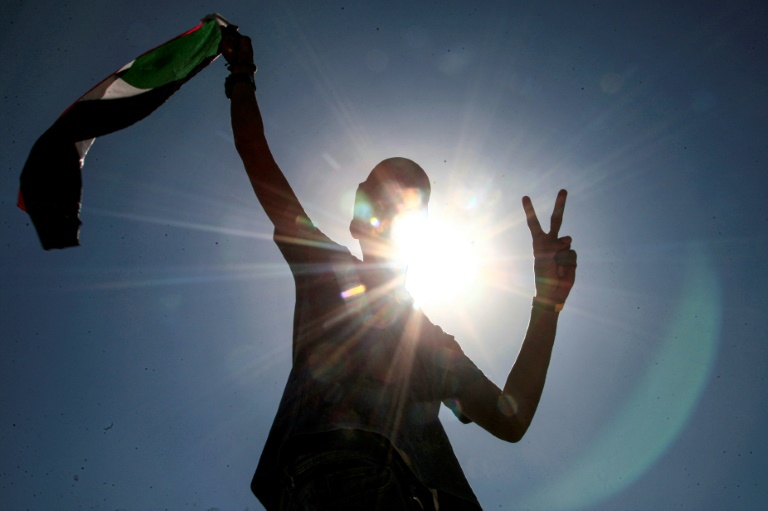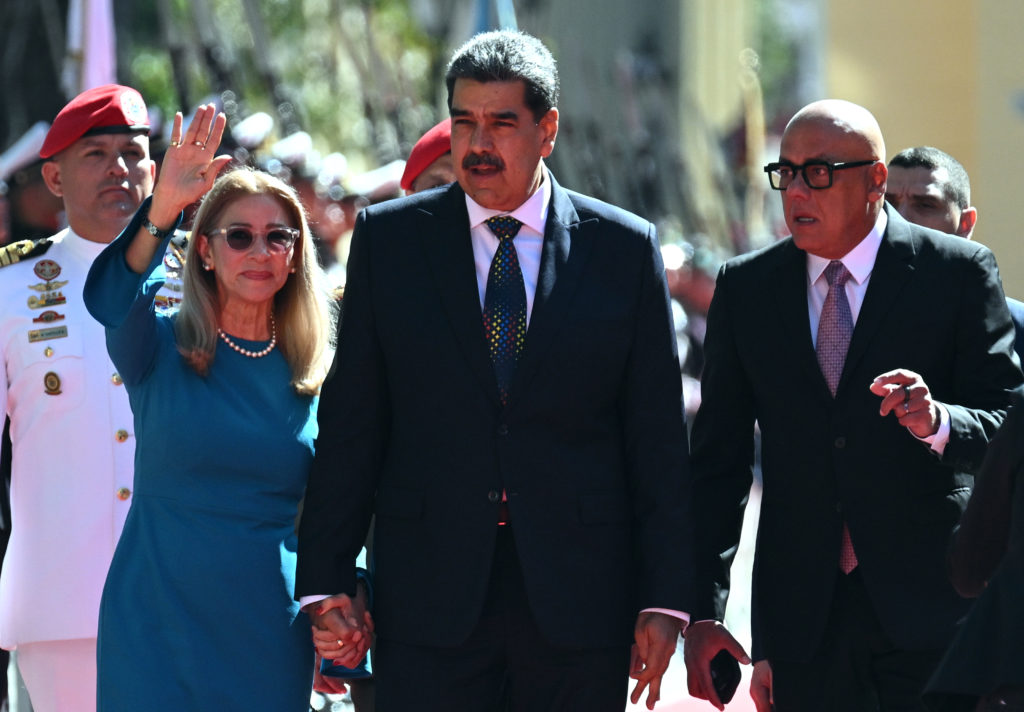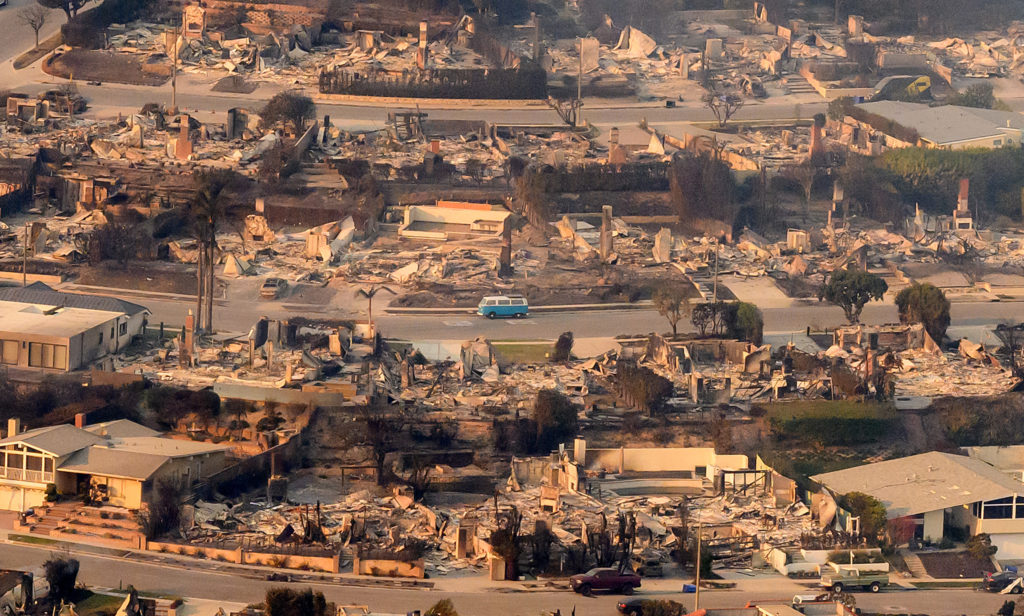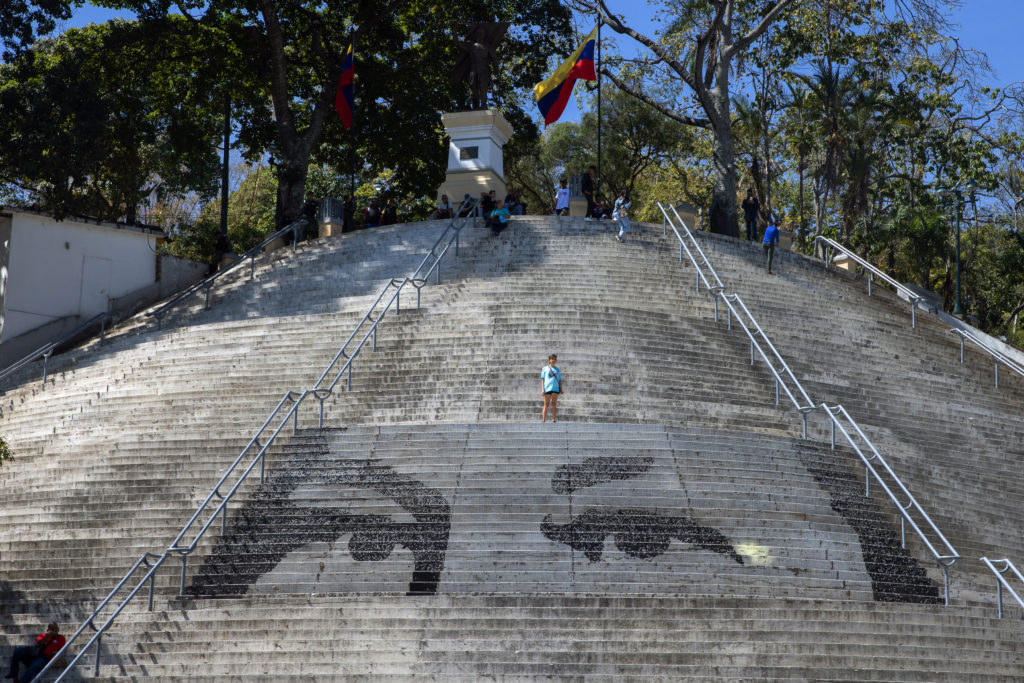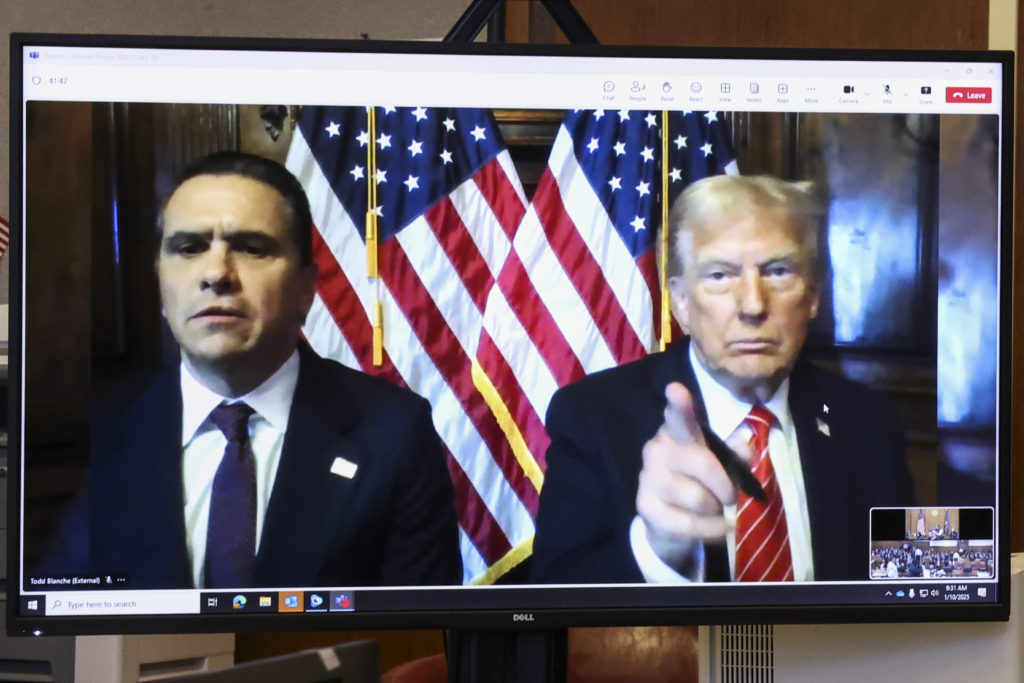Thousands of Sudanese protesters rallied Saturday two months after a military coup, demanding soldiers “go back to the barracks” and calling for a transition to civilian rule.
Waving flags, beating drums, dancing and chanting, crowds marched on the streets of Khartoum despite a heavy deployment of security forces — who later fired tear gas to break them up.
Officers had earlier blocked bridges connecting the capital to suburbs, cut phone lines and restricted the internet ahead of the planned protests.
At least 48 people have died in crackdowns during weeks of demonstrations, according to the independent Doctors’ Committee, and Khartoum’s state governor has warned that security forces “will deal with those who break the law and create chaos”.
Demonstrators converged on the presidential palace in Khartoum, the headquarters of the military government in control since General Abdel Fattah al-Burhan seized power on October 25.
Burhan held civilian leader Prime Minister Abdalla Hamdok effectively under house arrest for weeks, but after international pressure reinstated him on November 21 under a deal promising elections for July 2023.
The move alienated many of Hamdok’s pro-democracy supporters, who dismissed it as providing a cloak of legitimacy for Burhan’s coup.
Protesters online had encouraged supporters with slogans, including demanding “no negotiations” with the army.
As well as rallies in Khartoum and its suburbs, protesters also marched on the streets of Wad Madani, a city around 150 kilometres (more than 90 miles) to the south, witnesses said.
Others reported demonstrations at Atbara in the north and Port Sudan on the Red Sea coast.
– Internet cut at dawn –
Security forces with cranes used shipping containers to block the bridges across the Nile River connecting Khartoum to the cities of Omdurman and North Khartoum, and web monitoring group NetBlocks reported mobile internet services cut at sunrise on Saturday.
Activists reported the arrest of several colleagues beginning on Friday night, and Volker Perthes, the United Nations special envoy to Sudan, urged the authorities to “protect” the protests, not to stop them.
“Freedom of expression is a human right,” Perthes said on Saturday, adding that it includes “full access” to the internet. “No one should be arrested for his or her intention to protest peacefully.”
The Doctors’ Committee, which is part of the pro-democracy movement, called on the world “to monitor what happens in Sudan on the issue of the revolutionary movement for freedom and democracy”.
Khartoum’s governor warned that “approaching or attacking buildings of strategic sovereignty is punishable by law”.
At rallies last Sunday, held on the third anniversary of mass demonstrations that led to the ouster of veteran strongman Omar al-Bashir, crowds began a “sit-in” protest outside the presidential palace.
– Rape used as ‘weapon’ –
Within hours, security forces dispersed the thousands of protesters with truncheons and tear gas.
Activists have condemned sexual attacks during those protests, in which the UN said at least 13 women and girls were raped.
The European Union and the United States issued a joint statement Thursday condemning the use of sexual violence “as a weapon to drive women away from demonstrations and silence their voices”.
Sudan, one of the world’s poorest countries, has a long history of military coups, enjoying only rare interludes of democratic rule since independence in 1956.
More than 14 million people, roughly a third of Sudan’s population, will need humanitarian aid next year — the highest level for a decade, according to the UN Office for the Coordination of Humanitarian Affairs.
Activists say more demonstrations are planned for December 30.

